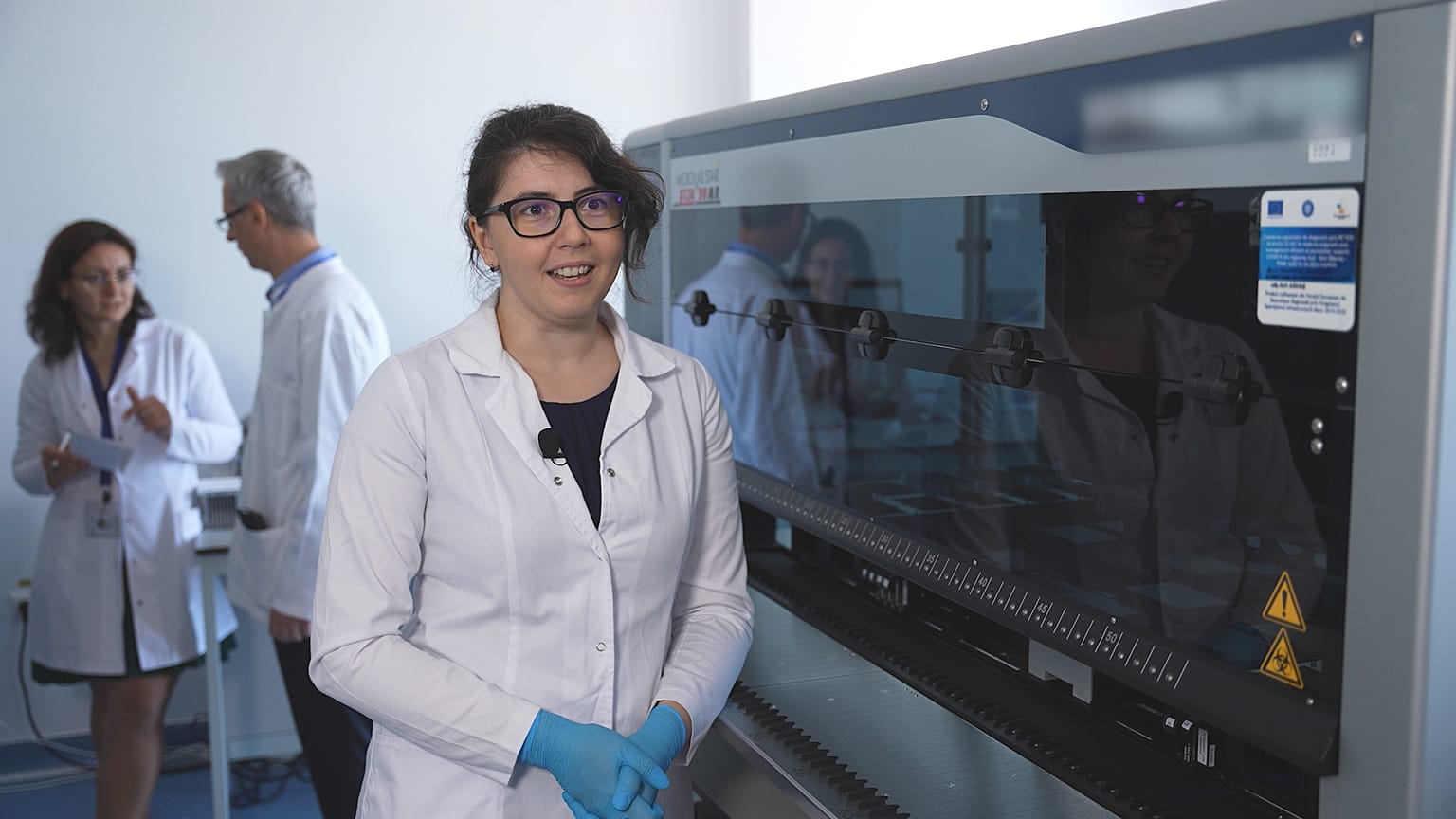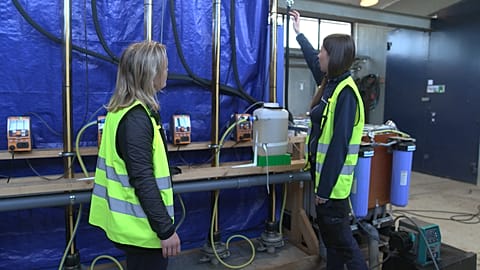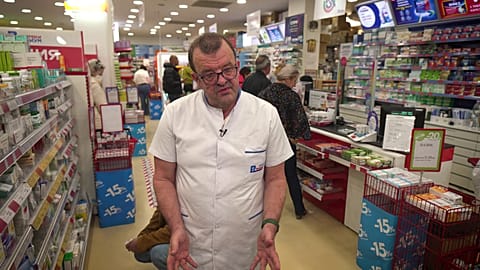In the heart of Romania, nestled within the scientific hub of Craiova, a state-of-the-art laboratory is aiming to unravel the mysteries of rare diseases.
Diagnosing rare diseases often requires years of relentless research and hundreds of tests. One of these dedicated researchers is Anca-Lelia Costache, a medical geneticist at Dolj Regional Centre for Medical Genetics. She explains the complexities of diagnosing rare diseases, "There is the 'why' that patients have when dealt with an unknown disease. There is the 'why' that geneticists are dealing with when it comes to what is the molecular underlying mechanism behind that disease."
Significant advancements in science have greatly deepened our understanding of the human body and the emergence of diseases. In her work, Costache delves into the origins of diseases. She explains, "we have understood the genome in the terms that we have been able to read it. And we started deciphering those regions in the genome that deal with coding proteins. And we are made out of proteins. So if something goes wrong with the code, something goes wrong with the protein, something goes wrong and a disease appears"
"There are regions in the genome we don´t know anything about. There are genes that we don´t know how they impact health. And in that sense, we are learning. And we are coming back to what we have sequenced, and we are analyzing the data with new eyes. And I think that is another beauty of genetics, blended somehow with the advancement in technology and using AIs and digitalization, that´s (towards) the benefit of our specialty and to the patient ultimately", Costache adds.
Funding a cure
Despite the promise of recent scientific advancements, it is clear that rare diseases present an extraordinary challenge to patients, families, and medical practitioners alike. Even in Europe, where approximately 30 million individuals are affected by rare diseases, approved treatments exist for only 5 percent of the over 6000 identified disorders. With many of these treatments being expensive and scarcely available, the quest for innovative, affordable medicines becomes increasingly pressing.
Recognizing this urgent need, the European Commission is working to encourage developers by offering reinforced scientific and regulatory support and extended periods of market exclusivity. Similarly, non-profit alliances like EURORDIS - Rare Diseases Europe, led by CEO Yann Le Cam, advocate for the individuals affected by rare diseases. Their call to action emphasizes the critical role of science in developing treatments that not only alleviate symptoms but can, in rare cases, provide a cure.

















